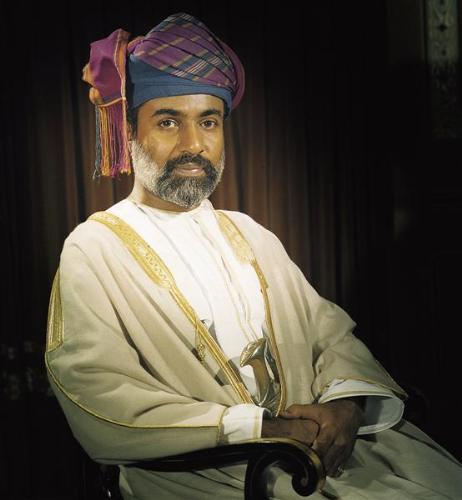A Place Without History - Archaeology Magazine Archive
For a long time historians thought elaborate stone structures like this didn't exist in this part of the East African hinterland. Nineteenth-century European travelers described the scorching, scrubby bush region of Tsavo as hostile and practically uninhabited. The assumption was that it had always been that way--a place virtually without history. The supposedly barren interior stood in sharp contrast to the flourishing towns along the East African coast, which historians had long believed were founded by Arabs and Persians as early as A.D. 800. Known as the Swahili, these Muslim communities sprouted along the coastline of East Africa from southern Somalia to Mozambique, and their inhabitants prospered trading with their neighbors around the Indian Ocean.
But over the past few decades new evidence has emerged suggesting that Swahili culture, while certainly shaped by Arabic immigrants, emerged from and also developed according to indigenous African traditions. The new thinking led Kusimba to reconsider the assumption that the people in the Kenyan interior were somehow separate and disconnected from those along the coast, and excluded from its economy. What, indeed, was going on in the Swahili hinterland and what ties did it have to the coast? These were the questions that sent Kusimba and his wife, Sibel Barut Kusimba, a Northern Illinois University archaeologist, to Tsavo in 1997.











